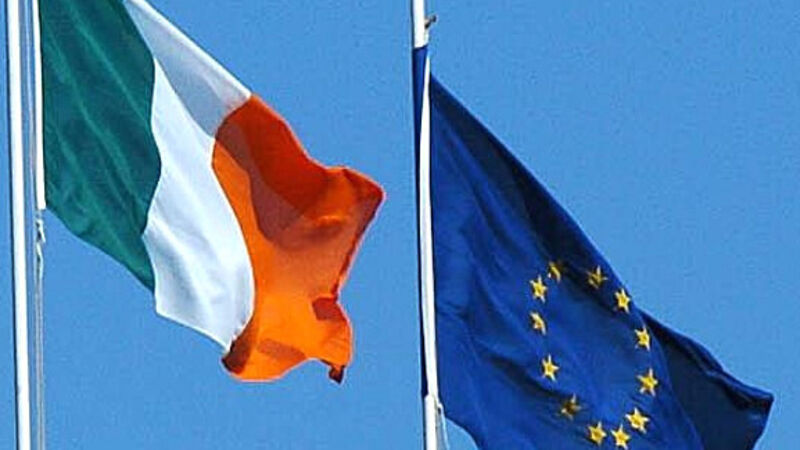Sustainability a critical requirement for 21st century Ireland

Research by Pricewaterhouse-Coopers for Bord Bia has shown sustainability is becoming a critical requirement for anyone who wants to do business with these mega players as well as supermarkets like Marks and Spencer or Sainsbury.
The global population is set to increase by more than 2bn by 2050, and so the world will need to produce 70% more food from increasingly limited resources.
















